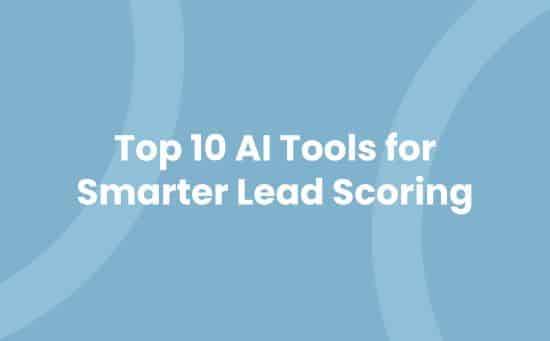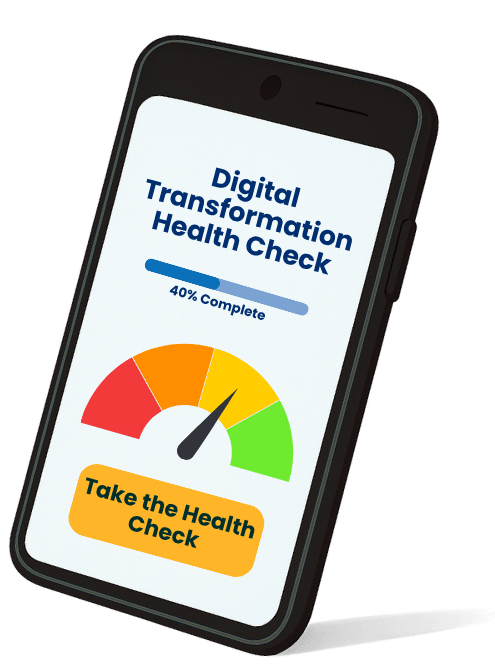Understanding AI Lead Scoring: A Modern Sales Essential
AI lead scoring transforms raw customer data into actionable insights through sophisticated machine learning algorithms. These systems analyse multiple data points including website interactions, email engagement, and social media activity [source: Gartner Research] to generate accurate lead values.
How AI Lead Scoring Works
Modern AI lead scoring platforms integrate with your existing CRM systems to process:
- Digital Footprints: Website navigation patterns, content downloads, form submissions
- Engagement Metrics: Email open rates, click-through rates, response times
- Demographic Data: Company size, industry sector, geographic location
- Behavioural Signals: Purchase history, service interactions, support tickets
The AI algorithms identify patterns in these datasets to calculate lead scores based on:
- Explicit Scoring: Direct information provided by leads
- Implicit Scoring: Behavioural data analysis
- Negative Scoring: Factors indicating reduced purchase likelihood
Integration Benefits
CRM integration amplifies ROI potential by streamlining data flow between systems. Salesforce Einstein and HubSpot Lead Scoring connect seamlessly with existing platforms, eliminating manual data entry and improving efficiency. An effective lead scoring platform automates the lead qualification process, reducing resource requirements while increasing accuracy.
Productivity Enhancements
AI-powered lead scoring platforms transform sales productivity through:
- Automated lead prioritisation based on engagement patterns
- Real-time scoring updates reflecting prospect interactions
- Intelligent routing of qualified leads to appropriate team members
- Dynamic adjustment of scoring models based on conversion data
- Elimination of manual scoring inconsistencies
Cost Reduction Analysis
The implementation of a robust lead scoring platform reduces operational costs by:
- Decreasing time spent on unqualified leads
- Minimising manual data entry requirements
- Optimising sales resource allocation
- Reducing customer acquisition costs
- Automating lead nurturing processes
The predictive analytics capabilities enable sales teams to focus efforts on high-value prospects, maximising resource utilisation and improving conversion rates. This targeted approach delivers substantial returns through increased sales efficiency and reduced operational costs.



